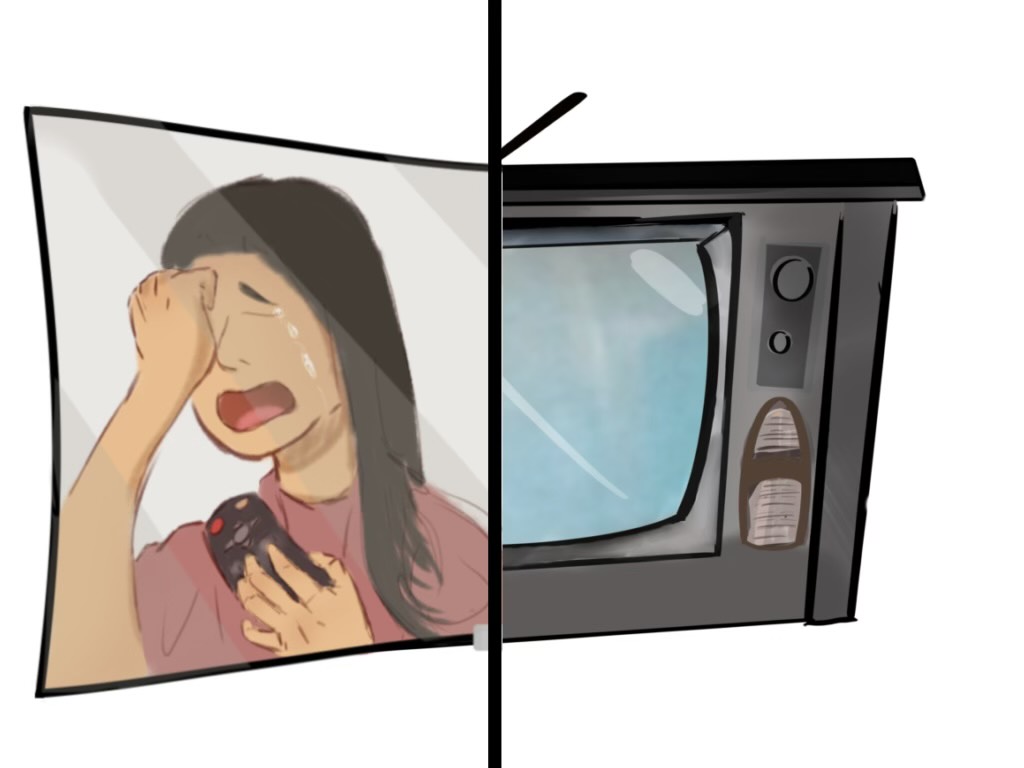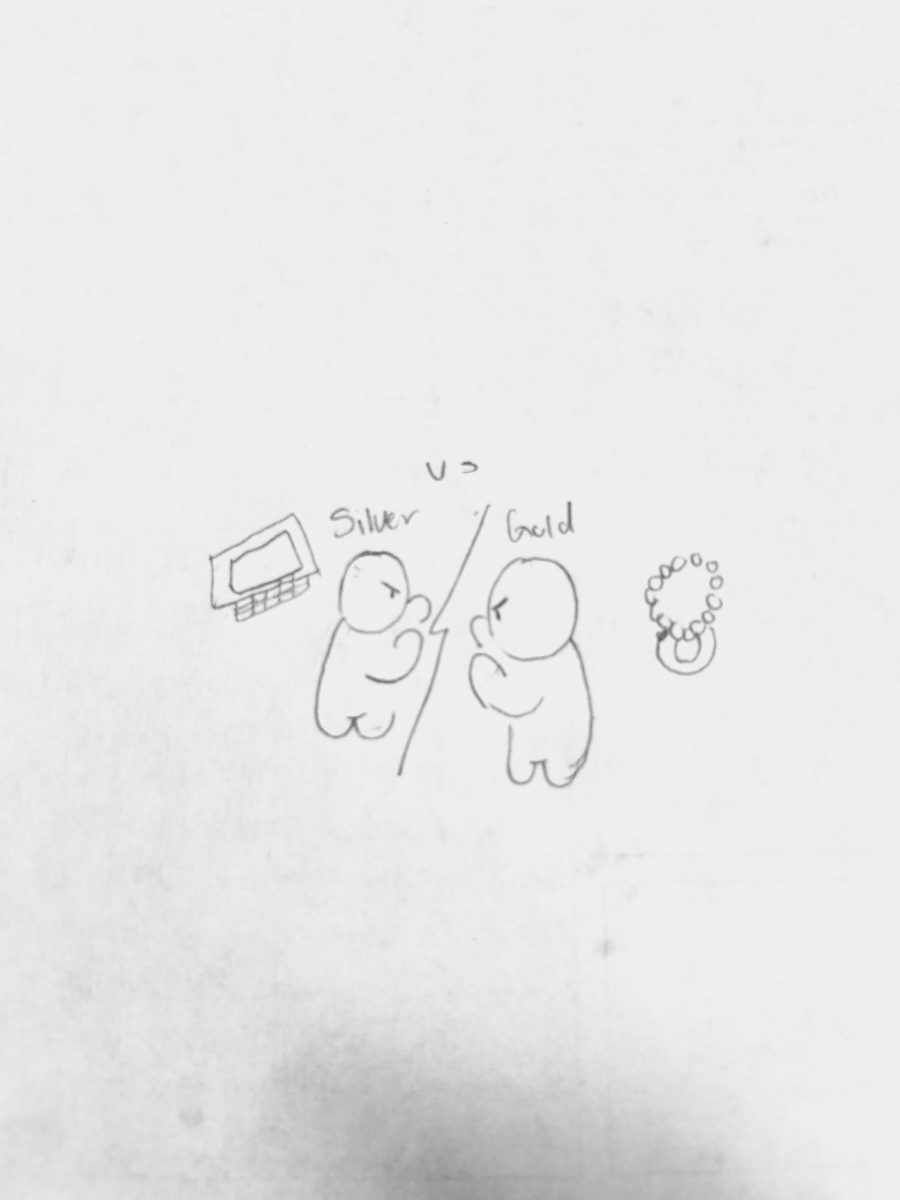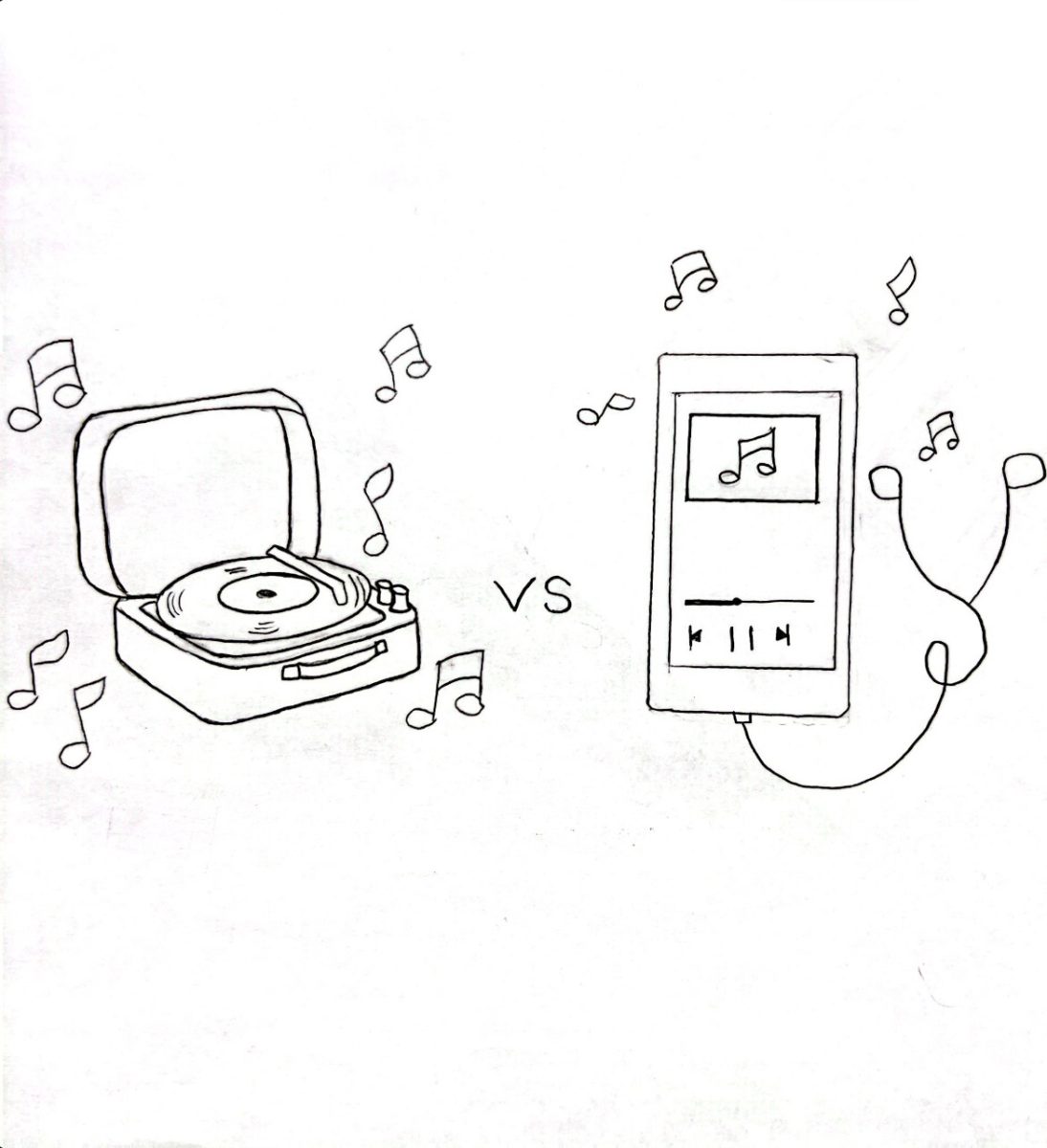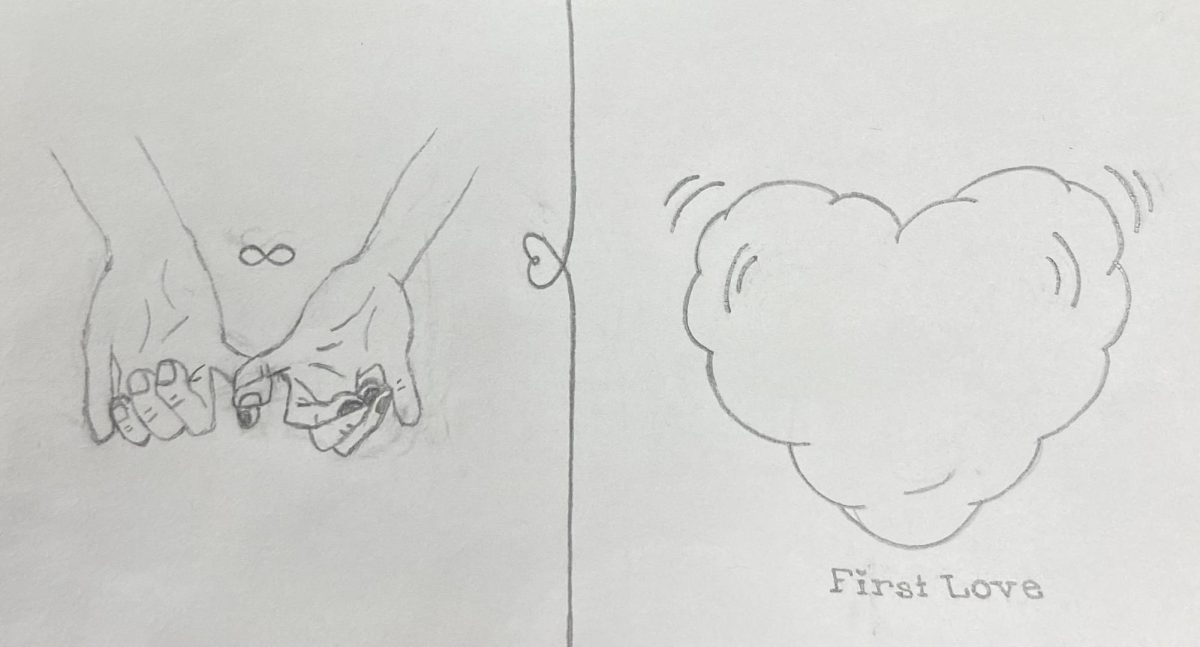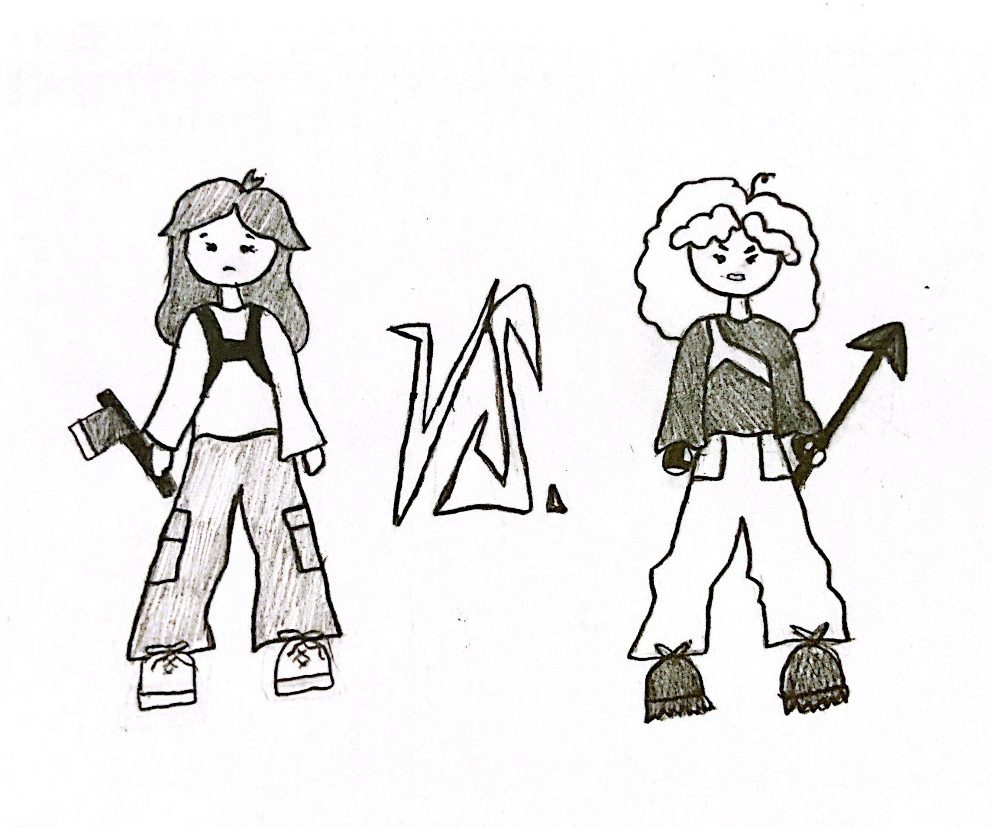The Relevant Charm in Modernity
By Monica Cruz Perez
Ah, classics. Why do older shows like “Betty, la fea” or “The Powerpuff Girls” bring a smile to your face? Is it mainly because of the richness of the plot? Nay, I say it’s just because of the nostalgia of catching “The Powerpuff Girls” on the morning TV as a wee lad.
Where is the anguish, the heartbreak, the thought provoking scenes that resonate with the turbulence of modern problems and topics?
The K-Drama “Extracurricular” covers serious topics about crimes like child trafficking, and exposes the new generation’s vulnerability to participate in crime. Ji-soo, lacking financial and parental guidance, involves himself in crime in order to afford living costs and higher education.
Ingeniously, the line between necessity and morals is blurred as the viewer takes in the reality of the journey towards a dream and the complexities in today’s teenage ideals. “Extracurricular” would not have elicited the same despair had it portrayed the unique ideals from the 80’s.
Of course, the topics discussed in many modern shows have also had appearances in older ones. However, the outlook towards topics such as mental health has become a lot more open to discussion.
For example, the series “Yuri on Ice” presents themes of coping with anxiety and self-doubt through the protagonist, Yuri, a professional ice skater who struggles to motivate himself on the rink and in life. Yuri learns to express his emotions while becoming confident about the improvement of his abilities and of himself in general.
In addition, “Yuri on Ice” portrays a healthy relationship between two men in a country where gay marriage still isn’t legalized. Gay relationships in Japanese media are also often subject to misrepresentation and morally questionable plotlines.
While these nasty portrayals can also be classified as modern shows, the fact that topics like (but not limited to) gay relationships are able to be openly discussed through a multitude of different interpretations is part of the charm of modernity. For example, the detail of Yuri’s beautifully respectful and supportive relationship is a discussion of the need for better portrayals of romantic relationships.
On another note, a “Yuri on Ice” prequel movie had been in the works since 2017. To my unspeakable dismay, on April 19th, despite the original show’s international acclaim, the movie’s production was CANCELED. I quickly found out my hopelessness was not unmatched, for fans flooded social media with posts angrily written in all caps, pictures of cakes labeled “RIP YURI ON ICE 2017-2024”, and remembrance posts of Duolingo skating to the show’s theme. While I had momentarily felt annoyed at the cancellation, I was soon laughing at the influx of relatable memes from around the world.
How often can you experience the same sense of international community in older fanbases? While there are a few exceptions, like “Sailor Moon,” it is mostly newer shows that have a fanbase that is constantly active and accessible through a few swipes.
As technology and values progress along with the growth of new generations, TV will continue to reflect the values and outlooks of the current world. Every generation will find themselves intuitively connected to modern shows. Whether we find something to love or to criticize, we are exposing ourselves to the diversity of an ever-growing population. As we discuss themes through current media, we contribute to the development and progression of principles throughout the world.
Embracing the Timeless Over the Fleeting
By Taneisha Martinez
The media—whether it’s through television, music, or even politics—has always dominated our culture. Television, for its collective consciousness of the people, is recognized as a mirror to civilization. It’s a look into our history, both the past and progression.
With that being said, there is an appeal that classic shows in television have leaned into. They have an allure that transmits across generations. Classic shows allow a better transmission of history to be known. You learn of society, and humanity through the art-form. They have been some of the most authentic forms of entertainment. They are classics for a reason.
It’s not about age. Unfortunately for us, being old is not the same as being classic. Sure, you can be both but they are not interchangeable. Classics are the types of shows or movies, where there is subtext and relevance. Classic media can be applied to all, be that, the people that first caught sight of it, or the individuals that let it live on years after its release. It’s not to be ignored that today’s media is more about garnering the attention and suiting the audience. There is not much room for scope.
Modern shows feel less authentic. When compared to the production of the past, and the one that is met today, it’s impossible to not see the imperfections.
Shows feel all too programmed. It’s clear that television is not the same as it used to be. Shows are too focused on being relatable, and being in tune with the youth, but it all falls flat. It has become less than it was.
However, I will not lie, there are shows that incorporate the charm of their contemporaneity while keeping timeless. Modern television is less censored in forms of traditional and conservative viewpoints. It has allowed a more diversified audience to engage. Marginalized communities are seen more in the media today too.
Some (mistaken) critics say that classics are mostly alluring because of nostalgia. And while they may be a little right, they are very wrong. Classic shows, despite the time, are some of the best outlets of media there have been. Is it nostalgia that makes it good? No. It’s the over-the-top characters and story-lines that makes shows authentic. Otherwise, the same could be said about taking a liking to modern shows,“It’s only appealing because you understand it,” or “You like it because you relate to it.”
Furthermore, the ratio of shows being great-to-bad-to- ?????, is incredibly hurtful. It hurts to know you’ll log on to the streaming service you pay for monthly, search for hours (no joke), find nothing amusing, give up, and ultimately go back to re-watch a movie or show. It’s a risk to engage with the new. You either find something (unlikely) or you regret ever turning on your T.V. (very likely).
Additionally, the argument that modern television tackles real issues does not discredit the fact that older television did the same. Modern shows are not more relatable. Classic shows are relevant because people still find reality in them. Even so, relatability doesn’t exemplify the quality. Being able to relate to something does not make it good. The connections to our humanity are cool, sure, but sometimes they’re too crude.
And sure, in the years to come the classics as we know will be the shows or movies we see today. However, until then it’s fair to argue that older television had more allure. It wasn’t just about the viewership, or putting out production-after-production. Now, it’s become routine to milk the cow that the public took a liking to. Classics are classics for a reason. They had more to give. They had more to prove. Shows relied more on the story itself than shock-factors.
Today, the media is more about quantity. Producers chase what they know will give them numbers; always going after what is safe. Or, they go after what will give them attention regardless of the kind they receive. Yet, classic shows have stood against time. They have shaped our culture, and have played pivotal roles in our upbringings. Which is a reason why they are still celebrated for what they have contributed, in it, expanding what T.V. should be.
